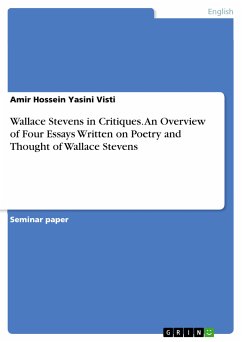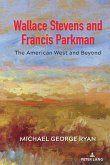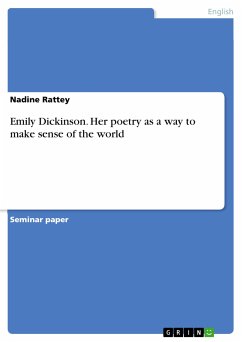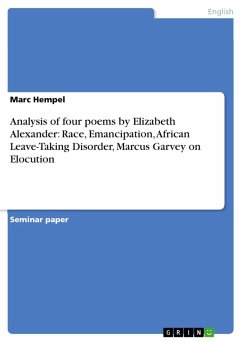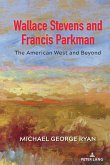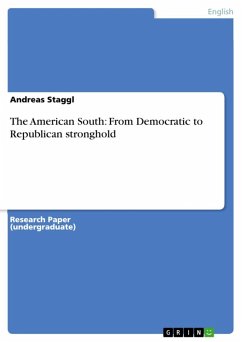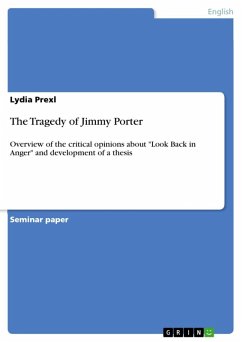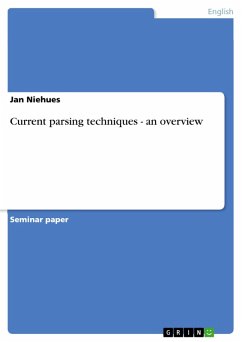Seminar paper from the year 2014 in the subject English Language and Literature Studies - Literature, grade: PhD, University of Tehran, course: A Survey of American Literature, language: English, abstract: The present paper aims to reveal how the poetry and thought of Wallace Stevens are represented in the four essays written in this regard. The first essay by Milton J. Bates involved with the idea of "supreme fiction", implying that fiction and truth are not separate in nature, and so is God and imagination of the poet. In the second essay, Joseph Carroll asserts that Stevens admitted a "new romanticism" meant a recurrent mode of poetic imagination while romanticism was mostly accounted a historical concept in its traditional sense. Not only did Stevens come to change the concept of romanticism, but also he established a new method in adopting point of view in lyric poetry. As Helen Vendler argues, in order to convey his universal ideas, Stevens used "we", "he", or "one" in his works. And finally, a type of "ambivalent attitude" became Wallace Stevens concerning the gender issue while he experienced the social transition in reading the concept of the femininity. Jacqueline Vaught Brogan illustrates that, in order to keep the pervasive trait of his poetry, Stevens reached integration in duality of the masculine and the feminine.
Dieser Download kann aus rechtlichen Gründen nur mit Rechnungsadresse in A, B, BG, CY, CZ, D, DK, EW, E, FIN, F, GR, HR, H, IRL, I, LT, L, LR, M, NL, PL, P, R, S, SLO, SK ausgeliefert werden.

